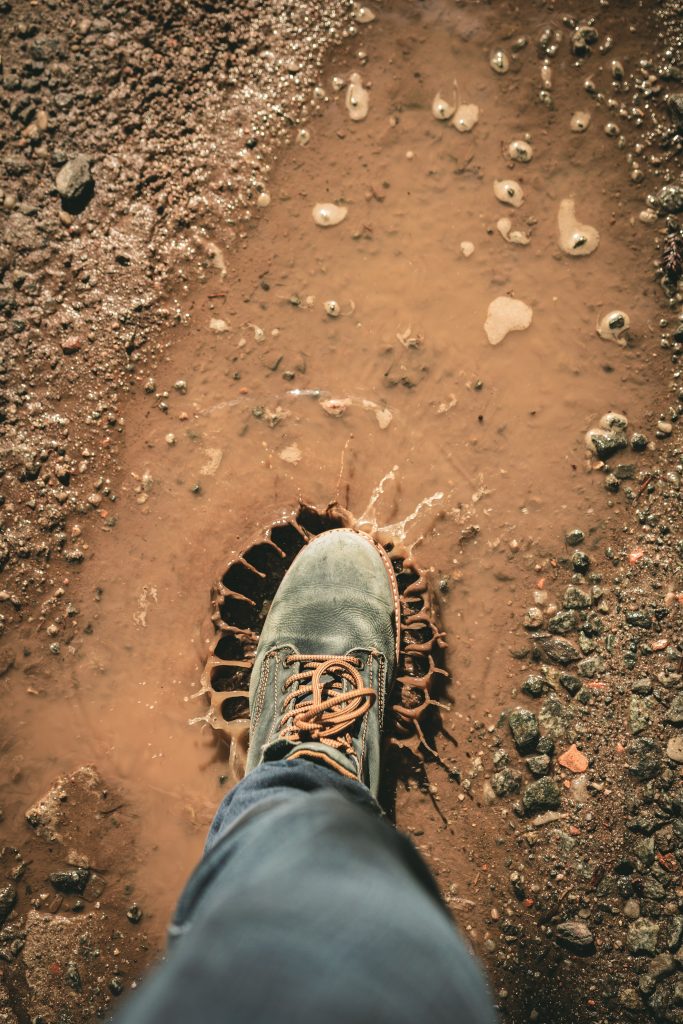The Hot Water Effect: An Extraordinary Approach to Rubber Cleaning | 2023
Rubber is an incredibly versatile material that we encounter in numerous everyday items, from household products to industrial machinery. Whether it’s the rubber mats on your doorstep, your favorite pair of sneakers, or the rubber seals in your car, it’s important to keep them clean to ensure their durability and functionality. In this article, we’ll delve into the topic of cleaning rubber and explore the effectiveness of hot water as a cleaning method. We’ll also discuss alternative cleaning techniques to help you maintain your rubber items in pristine condition.
How Does Hot Water Affect Rubber?
Before delving into the effectiveness of hot water in cleaning rubber, it is essential to understand how hot water can influence the properties of rubber. Rubber is composed of long polymer chains held together by weak intermolecular forces. When exposed to heat, these intermolecular forces weaken, causing the rubber to soften and become more pliable.

Extreme temperatures, especially boiling water, can accelerate the breakdown of these intermolecular bonds, leading to irreversible damage to the rubber’s structure. Additionally, hot water can cause the rubber to lose its elasticity and become brittle over time.
Does Hot Water Clean Rubber Effectively?
The effectiveness of hot water in cleaning rubber largely depends on the type of dirt or contaminants adhering to the rubber surface. In some cases, hot water can be a suitable cleaning agent, but in others, it may not yield the desired results. Here are some factors that influence the efficacy of hot water in cleaning rubber:
The Effect of Temperature
Hot water can be effective in removing light dirt, dust, or grime from rubber surfaces. The heat helps to soften the contaminants, making them easier to wipe or rinse away. However, it is crucial to avoid using boiling water, as it can cause damage to the rubber, as mentioned earlier.
The Role of Detergents and Soaps
Adding mild detergents or soaps to hot water can enhance its cleaning power. These cleaning agents work by breaking down grease and oil, which are common contaminants on rubber surfaces. When using detergents, it is vital to choose a mild, non-abrasive option to avoid damaging the rubber.
Precautions When Using Hot Water to Clean Rubber
While hot water can be effective for cleaning rubber, certain precautions should be taken to avoid causing harm to the material:
Avoid Using Boiling Water
Boiling water can cause irreversible damage to rubber, making it prone to cracking and degradation. Instead, use hot water that is not at boiling temperature.
Test on a Small Area First
Before applying hot water to the entire rubber surface, test it on a small, inconspicuous area to ensure that it does not cause any adverse reactions.
Avoid Prolonged Exposure
Limit the exposure of rubber to hot water. Prolonged soaking or cleaning with hot water can lead to loss of elasticity and other structural damage.
Alternative Methods for Cleaning Rubber
If using hot water is not suitable for the rubber item you want to clean, there are alternative methods to consider:
Using Mild Soapy Water
Mixing mild soap or dish detergent with warm water can be a gentle yet effective way to clean rubber. The soap helps to break down contaminants without causing significant damage.
Vinegar and Water Solution
A mixture of vinegar and water can be used to clean rubber surfaces. The mild acidity of vinegar helps to dissolve stains and grime effectively.
Conclusion
In conclusion, hot water can be an effective cleaning agent for rubber, provided it is used with caution and at appropriate temperatures. Hot water can help to soften and remove light dirt and grime from rubber surfaces. However, using boiling water or subjecting rubber to prolonged exposure to heat should be avoided to prevent irreversible damage.
When using hot water to clean rubber, it is advisable to add mild detergents or soaps to enhance its cleaning power. Alternatively, one can opt for other gentle cleaning methods like using mild soapy water or a vinegar-water solution.
Overall, proper care and maintenance of rubber items can prolong their lifespan and retain their elasticity and functionality.
FAQs
- Can I use boiling water to clean rubber?
- No, using boiling water can cause irreversible damage to rubber, making it brittle and prone to cracks.
- Is vinegar safe for cleaning rubber surfaces?
- Yes, a mixture of vinegar and water can be used to effectively clean rubber surfaces due to its mild acidity.
- Can I leave rubber items soaking in hot water for an extended period?
- It is not advisable to leave rubber items soaking in hot water for a prolonged time, as it may lead to loss of elasticity and structural damage.
- Can I use any detergent to clean rubber?
- It is best to use mild, non-abrasive detergents to avoid damaging the rubber while cleaning.
- Are there any alternatives to using hot water for cleaning rubber?
- Yes, mild soapy water or a vinegar-water solution can be effective alternatives for cleaning rubber.


Leave a comment